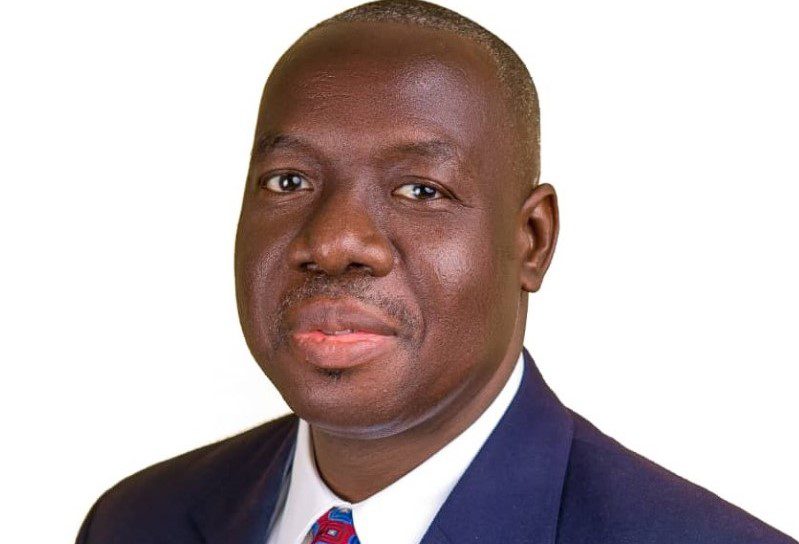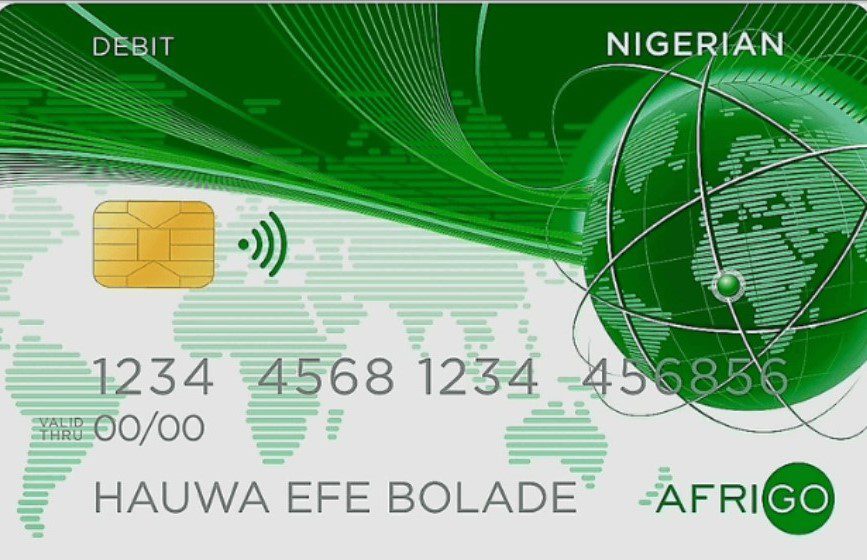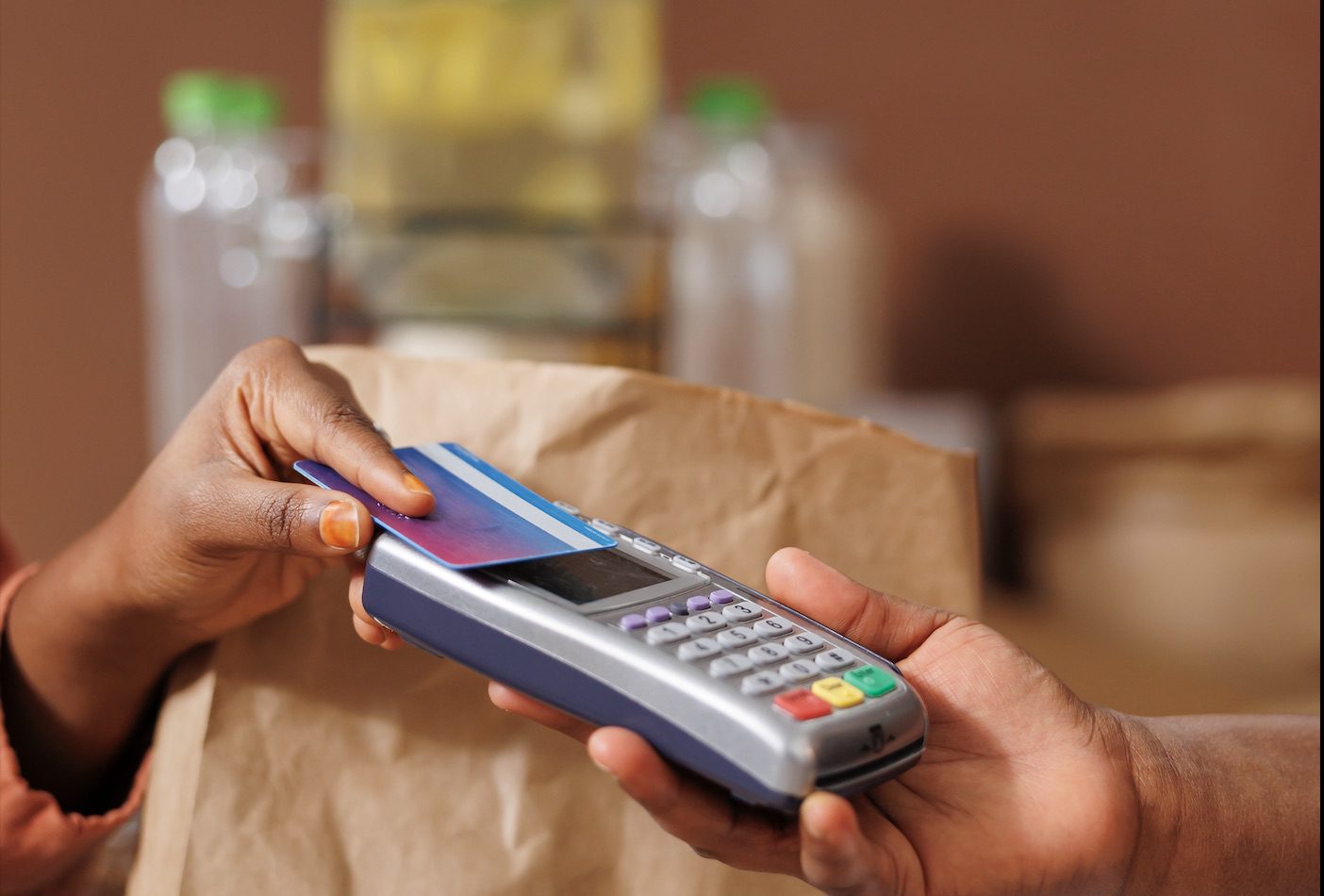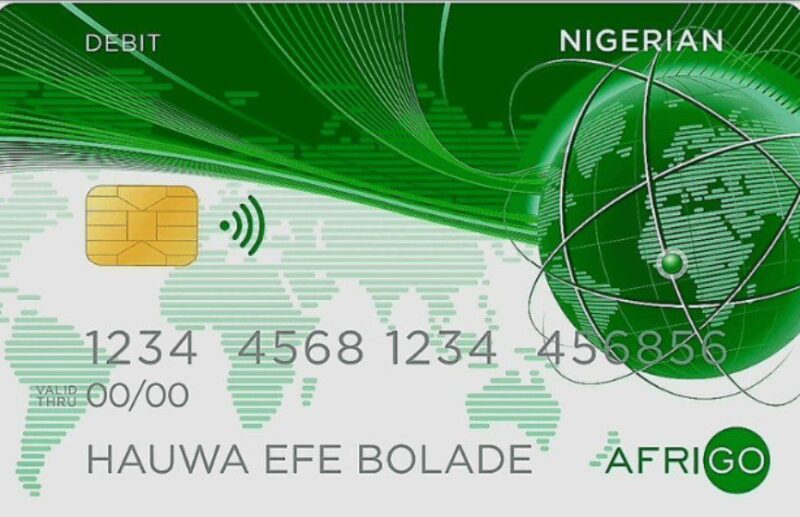AfriGO, Nigeria’s first domestic card, has processed more than N70 billion worth of transactions in 2025. The development is a testament to its adoption by merchants nationwide.
This was disclosed by Premier Oiwoh, the Managing Director and Chief Executive Officer, Nigeria Inter-Bank Settlement System Plc (NIBSS). According to him, AfriGO is the only card globally that enables instant credit on point-of-sale (POS) transactions. He reiterated that this feature is driving its acceptance among merchants.
Oiwoh also disclosed that AfriGO has now issued over one million cards nationwide. The initiative is focused on enabling seamless cash withdrawals at ATMs and both digital payment and offline mediums. Notably, the payment card is another project by the Nigerian government to drive financial inclusion and reach the unbanked.
Launched in 2023 by the Central Bank of Nigeria (CBN), in collaboration with the NIBSS, AfriGO was introduced to rebrand Nigeria’s payment ecosystem through instant merchant settlements and seamless multi-sector usability. The platform aims to alleviate delays in payment settlement and guarantees instant credit to merchants for payments made on the POS terminal.

In addition, AfriGO enhances financial security while ensuring that the payment data of Nigerians remains within the shores of the country. With its ability to process transactions locally, the platform safeguards sensitive information and aligns with Nigeria’s broader push for digital sovereignty.
The NIBSS boss mentioned that the upcoming National Identity Management Commission (NIMC) multipurpose ID card will incorporate the AfriGO payment rail. Owioh explained that, through this initiative, millions of Nigerians can access financial services directly through their national ID.
Recall that NIMC recently launched a new General Multipurpose Card (GMPC) with built-in payment functionality. The new card was designed to serve as both a national identity card and a debit or prepaid payment card.
The card utilises biometric authentication, such as fingerprints, to ensure secure and verified transactions. In addition to payments, the GMPC also integrates with government social intervention programs and can serve as an ECOWAS travel card.


Also Read: Examining NIBSS Instant Payments: Nigeria’s quiet fintech powerhouse.
Plans for AfriGO’s distribution nationwide
In its move to expand its services across the country, the platform has made strategic partnerships with top fintech companies like Moniepoint, Palmpay, OPay, and Flutterwave. The collaboration aims to facilitate access to affordable, secure, and instant financial services for underserved Nigerians.
Notably, Moniepoint and Palmpay plan to distribute over 10 million AfriGO debit cards nationwide and roll out tap-to-pay solutions. While this gives Nigerians more payment options, it provides instant transaction settlement through the platform.
“The Moniepoint/AfriGO card is not just a product; it’s a vital tool that will extend our reach, particularly to those traditionally excluded from the formal financial system,” Tosin Eniolorunda, chief executive officer of Moniepoint Inc., said in April.
These partnerships also support the Federal Government’s financial inclusion drive, which targets integrating over 20% of Nigeria’s unbanked population into the formal financial system. AfriGO will be competing with international card providers like Visa, Mastercard, and Verve in Nigeria’s $22 billion cards and payments market.


Furthermore, the card is designed to integrate with the e-Naira, Nigeria’s central bank digital currency, enhancing its utility and boosting digital adoption nationwide. It places CBN in control of transactions and reduces foreign exchange pressures.
The Federal Government will look to further strengthen financial inclusion with the latest plan to eliminate transfer fees on the NIBSS Instant Payment (NIP) platform. The plan is further backed by the move to accelerate Nigeria’s transition from cash-heavy transactions to a digitally driven economy.
While pointing to the plan as another innovation, NIBSS said it aligns with the future of Nigeria’s financial ecosystem, which hinges on strengthening the national payment infrastructure. This also cut across building secure systems that can combat cyber attacks, fraud and technical glitches.






